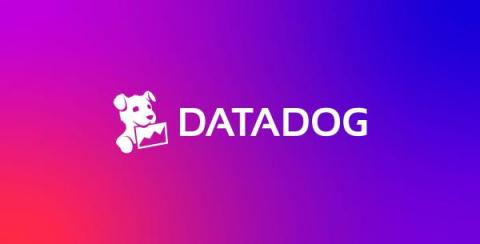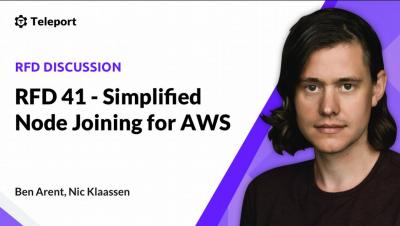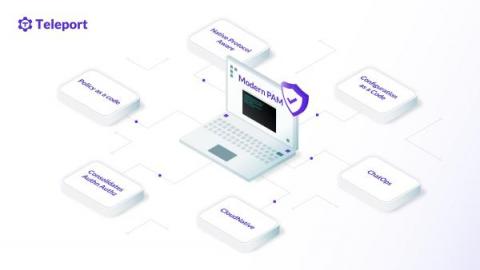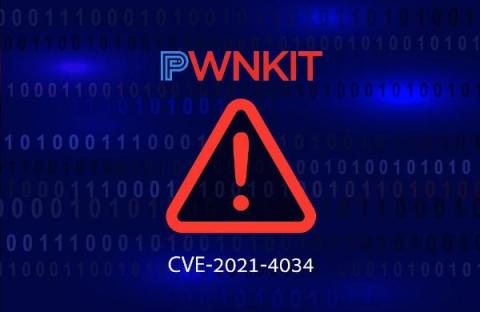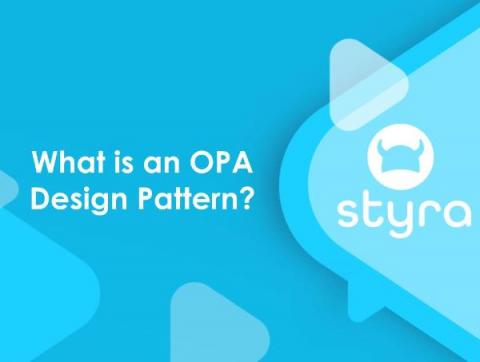Analyzing the PwnKit local privilege escalation exploit
What do Linux vulnerabilities and natural disasters have in common? Something seemingly dormant can suddenly spring to life, exposing activity beneath the surface. Several days ago, a security researcher published a high-severity vulnerability named PwnKit that impacts most major Linux distributions. The scary part? It’s existed since May of 2009. Polkit is a component for controlling privileges in Unix-like operating systems and is included by default on most major Linux distributions.



